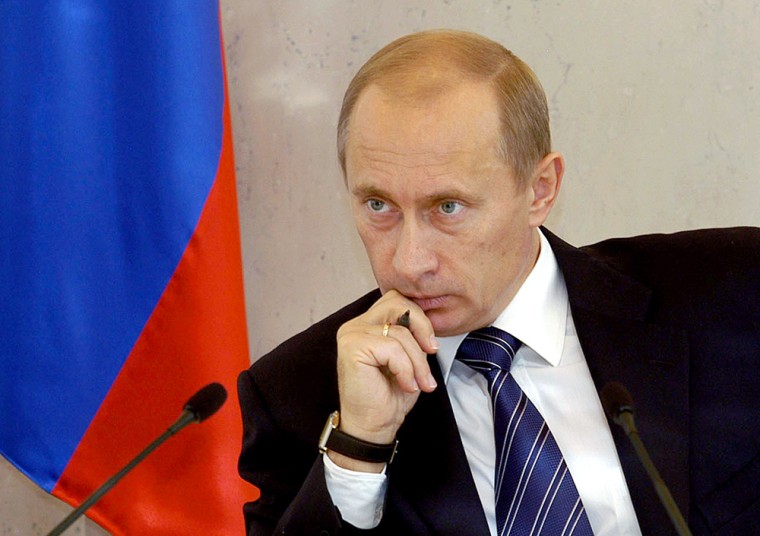Europeans welcomed Russia’s move toward ratifying the Kyoto Protocol, but environmentalists cautioned that the accord, rejected by the United States, can only be a “first step” toward negotiating deeper cuts in greenhouse gas emissions.
Russia’s Cabinet on Thursday endorsed the 1997 agreement and parliament is expected to ratify the document by the end of the year. Without Russia, there would not be enough signatories for it to come into effect worldwide.
“Russia’s green light will allow the climate train to leave the station so we can really begin addressing the biggest threat to the planet and its people,” said Klaus Toepfer, the head of the U.N. Environment Program.
Russia’s decision was welcomed by the governments of Germany, Italy, Britain and Japan, and by the European Union, which have been among the agreement’s most energetic backers.
Once the deal enters into force, industrialized countries will have until 2012 to cut their collective emissions of six key greenhouse gases to 5.2 percent below the 1990 level.
However, the United States — which alone accounted for 36 percent of carbon dioxide emissions in 1990 — and Australia have rejected the treaty.
Activists feel targets are low
“The Kyoto Protocol undoubtedly sets very low targets compared to what scientists say is necessary in order to keep climate change under control,” said Germana Canzi, a climate policy expert with the World Wide Fund for Nature. “However, it has always been considered a first step rather than the solution to the problem.”
Thursday’s Russian Cabinet decision to approve the protocol was, she said, a “massive breakthrough” because it will allow the rules finally to be applied and sets the scene for negotiations for future commitments.
The next round of international climate talks is scheduled for December in Buenos Aires, Argentina, and negotiations on greenhouse gas emissions after 2012 are due to start next year.
Next time around, “it is absolutely necessary to have a broader climate agreement where also the United States, especially, and Australia are taking part,” said Leif Bernegaard, a climate expert at the Swedish Environmental Protection Agency who took part in negotiations on Kyoto.
Canzi said developing nations such as China, which don’t have specific emissions targets under the Kyoto Protocol, also “will have to be included one way or another.”
Few believe the United States will change its mind anytime soon, although there are hopes that business interest in developing clean technologies would push America forward. The U.S. position could also change if John Kerry is elected president in November.
“The Kyoto Protocol is now real — it’s a very clear signal to the United States that the countries that have now made the step are being serious,” said Joke Waller-Hunter, the executive secretary of the United Nations Climate Change Convention.
“The Kyoto Protocol also provides an opportunity to modernize technologies. I think U.S. companies don’t want to fall behind.”
Emissions trading
In 2001, negotiators agreed that signatories will face mandatory consequences if they fail to meet their targets.
Countries that miss their emission targets would be excluded from “emissions trading,” buying and selling the right to pollute, while a panel to be set up by member governments would address alleged violations. The protocol also foresees emission credits for forests that soak up carbon.
The European Union is launching an emissions trading system next January under which European companies that emit less carbon dioxide than allowed can sell unused allotments to those who overshoot the target.
The profit motive is expected to drive efforts and technology and bring “substantial cuts” in emissions of carbon dioxide, which makes up 80 percent of the EU’s greenhouse gases, EU officials have said. The European system foresees fines for companies that exceed their emission limits without managing to trade.
Russia might also be able to make billions of dollars by selling unused emission credits, supporters say. Russia’s emissions have fallen by about a third since 1990, largely because of the post-Soviet industrial meltdown.
President Bush withdrew the United States from the protocol soon after taking office in 2001, saying it was unfair to industrialized countries since it doesn't require fast-developing nations China and India to curb emissions as well.
The Bush administration instead is encouraging voluntary reductions as well as research into ways to sequester emissions.
